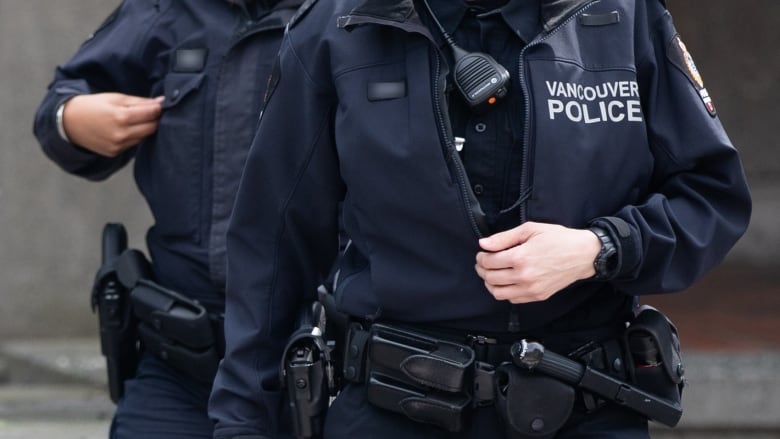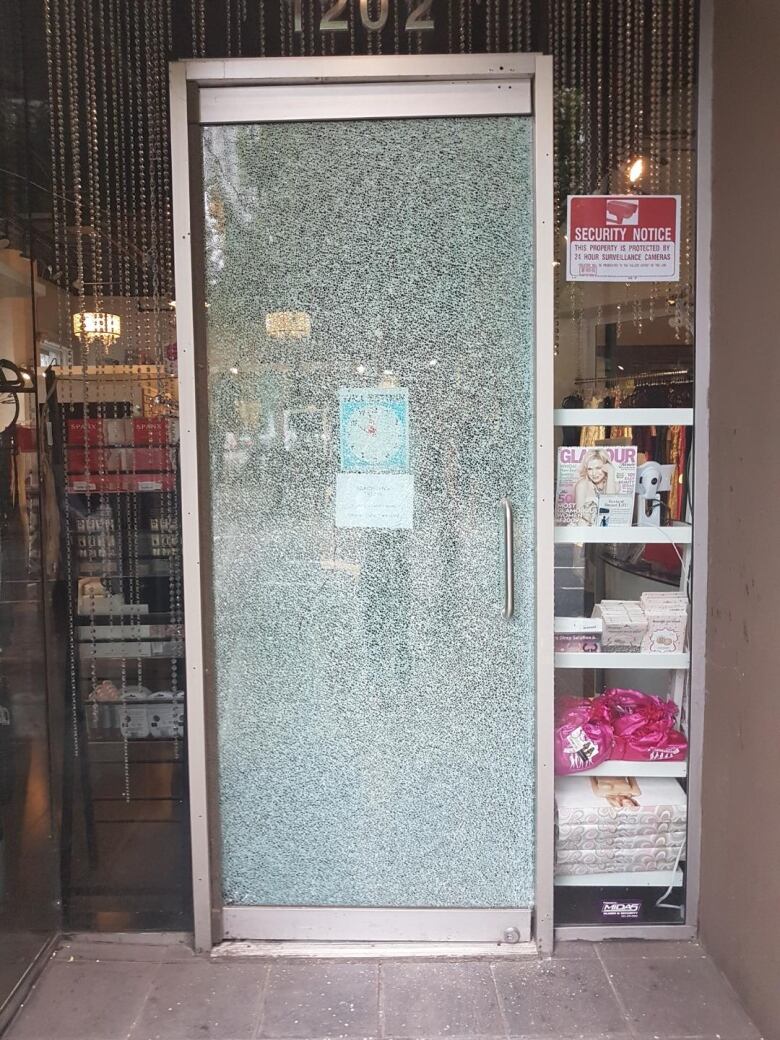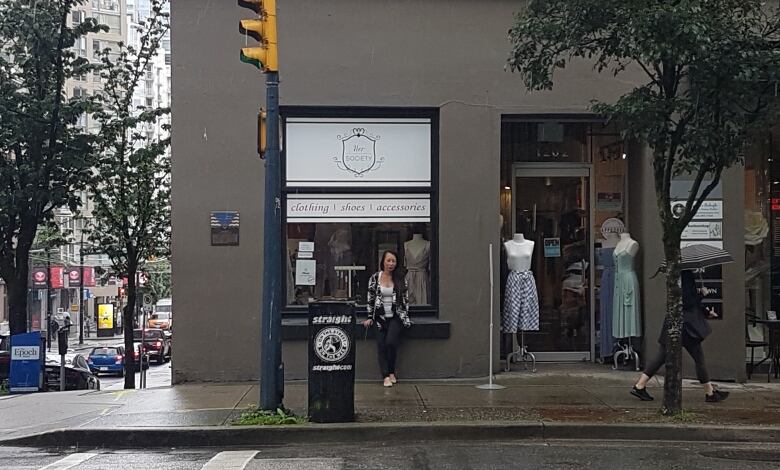Police, business group and opposition link Yaletown crime concerns to social housing
B.C. Housing says supportive housing projects tend to decrease local crime after a few months

A police inspector, a business leader and the official opposition are linking what they say is an increase in serious crime in Vancouver's central Yaletown neighbourhood to new supportive housing in the area.
Vancouver Police DepartmentInsp.Rob Clarkesaid police have seen an increase incomplaints related to street disorder, thefts from cars, open drug use, violence on the street and discarded needles.
He said it started when homeless people were moved from areas like Oppenheimer Parkin the Downtown Eastside todowntowncommunity centres and hotels as a response to the coronavirus pandemic.
"They are, unfortunately, prone to violence and crime and carrying weapons," Clarke said. "We're literally getting hundreds of emails from concerned citizens in that area."
Clarke acknowledged that crime has been down in recent months city-wide but believes violence has increased during that time. Reports of assaults are among the complaints coming out of Yaletown, for instance.
Clarke said many of the calls and complaints arerelated to mental health problems and he wants B.C. Housing to "step up" with more supports.
On Friday, the VPD announced, among other steps, it will redeploy an extra 14 officers to join 145 already in thearea.
A community activist, however, saidmore police is not the answer and easier access to a safe supply of drugs would help alleviate addiction issuesshe believes are at the heart ofthe Yaletown disturbances.
Door smashed
Lahna Tran said two weeks ago the front door of her clothing store, HER Society, at the corner of Homer and Davie, was smashed in.
It's the third time she's replaced it in three years.

"When we had to use the side door, business dropped by about maybe 50 percent," Tran said. "I have some clients who ... don't feel safe."
She said she's noticed more disturbances since the pandemic began: smash and grabs at other shops and loitering, for instance.
She wants to see more supports for people with addictions in the neighbourhood, a sentiment echoed by Annette O'Shea, executive director of the Yaletown Business Improvement Association.
"[The provincial government] quite literally abandoned them on our doorstep," O'Shea said. "That's not fair to the population that needs those supports and it's not fair for anybody else who's in the area to be expected to somehow or other deal with it."

O'Shea said she welcomes a larger police presence in the neighbourhood.
Joan Isaacs, B.C. Liberal critic for Social Development and Poverty Reduction, said the Yaletown situation shows the NDP did not adequately consult with the neighbourhood before moving Oppenheimer residents there.
B.C. Housing points to past successes
B.C. Housingrecently purchased two hotels, the Howard Johnson atGranvilleand Davie streetsand The Buchanon Haro Street in the West End,for supportive housing. It says it has had a number of discussions with neighbourhood stakeholders and is committed to expanding that dialogue.
In an emailed statement B.C. Housing said its research found that when a new supportive housing facility opens, it takes a few months for residents to settle in before disturbances "decrease dramatically."
For example, it said the crime rate in the area near Marpole's contentious modular housing building has decreased 24 per cent and six months after opening several housing facilities in Surrey, RCMP crime statistics show a "significant decrease" in the neighbourhood.
Karen Ward, an advocate for people who use drugs and people living in poverty, said adding more police to the neighbourhood misses the point.
Many of the disturbances in Yaletown are simply mental illness and addictionplaying out in public, Ward said. They may be uncomfortable to witness, but aren't criminal.
She says addiction is likely the cause of much of the petty crime and disorder in the area.
"That's why they're stealing 10 bucks out of a parking meter. That's why they're fighting each other," she said,
She said better access to a safe supply of drugs is the best solution for people with addictions and the broader Yaletown community.












_(720p).jpg)


 OFFICIAL HD MUSIC VIDEO.jpg)
.jpg)



























































































